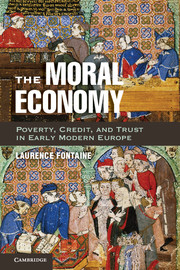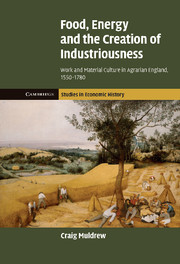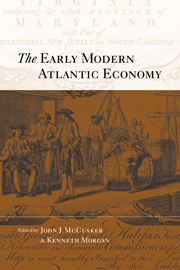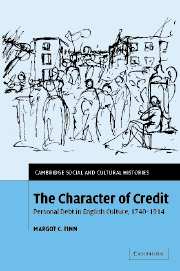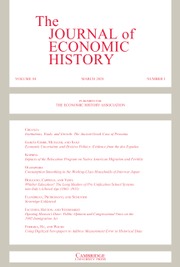The Moral Economy
Poverty, Credit, and Trust in Early Modern Europe
- Author: Laurence Fontaine, Ecole des Hautes Etudes en Sciences Sociales, Paris
- Date Published: April 2014
- availability: Available
- format: Hardback
- isbn: 9781107018815
Hardback
Other available formats:
Looking for an inspection copy?
This title is not currently available for inspection. However, if you are interested in the title for your course we can consider offering an inspection copy. To register your interest please contact [email protected] providing details of the course you are teaching.
-
The Moral Economy examines the nexus of poverty, credit, and trust in early modern Europe. It starts with an examination of poverty, the need for credit, and the lending practices of different social groups. It then reconstructs the battles between the Churches and the State around the ban on usury, and analyzes the institutions created to eradicate usury and the informal petty financial economy that developed as a result. Laurence Fontaine unpacks the values that structured these lending practices, namely, the two competing cultures of credit that coexisted, fought, and sometimes merged: the vibrant aristocratic culture and the capitalistic merchant culture. More broadly, Fontaine shows how economic trust between individuals was constructed in the early modern world. By creating a dialogue between past and present, and contrasting their definitions of poverty, the role of the market, and the mechanisms of microcredit, Fontaine draws attention to the necessity of recognizing the different values that coexist in diverse political economies.
Read more- Discusses the role of credit and the lending practices of different social groups
- Examines the values behind economic practices
- Describes the political economy that emerged in early modern Europe
Reviews & endorsements
'The Moral Economy, a fascinating book by a seasoned social historian, is motivated by the question of whether the premodern moral economy holds any lessons for how future generations should approach social problems. Lamenting the extent to which contemporary politics has become dominated by modern economics, Laurence Fontaine begins her book by posing the question, 'Is there an alternative to this new form of savagery that economic liberalism has become?' …' Carl Wennerlind, The Journal of Modern History
Customer reviews
Not yet reviewed
Be the first to review
Review was not posted due to profanity
×Product details
- Date Published: April 2014
- format: Hardback
- isbn: 9781107018815
- length: 326 pages
- dimensions: 235 x 156 x 20 mm
- weight: 0.56kg
- availability: Available
Table of Contents
Introduction
Prologue
1. Poverty, credit and social networks
2. Peasants and debt logic
3. The elite and debt logic
4. Urban financial microcircuits
5. Women's economic spheres and credit
6. Between bank and assistance: setting up pawnshops
7. The battle of prohibitions against usury
8. Political economies and cultures of exchange
9. Political economy and exchange practices
10. Building trust
Conclusion.
Sorry, this resource is locked
Please register or sign in to request access. If you are having problems accessing these resources please email [email protected]
Register Sign in» Proceed
You are now leaving the Cambridge University Press website. Your eBook purchase and download will be completed by our partner www.ebooks.com. Please see the permission section of the www.ebooks.com catalogue page for details of the print & copy limits on our eBooks.
Continue ×Are you sure you want to delete your account?
This cannot be undone.
Thank you for your feedback which will help us improve our service.
If you requested a response, we will make sure to get back to you shortly.
×
